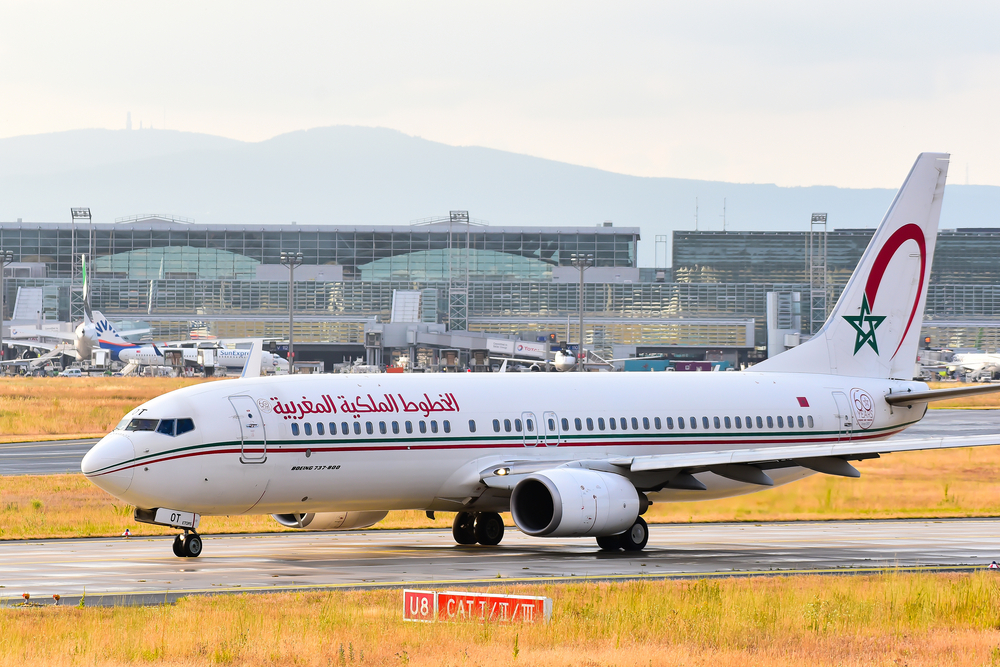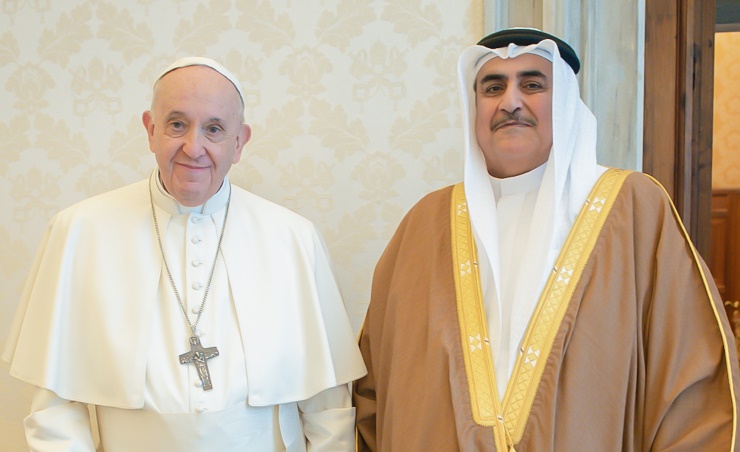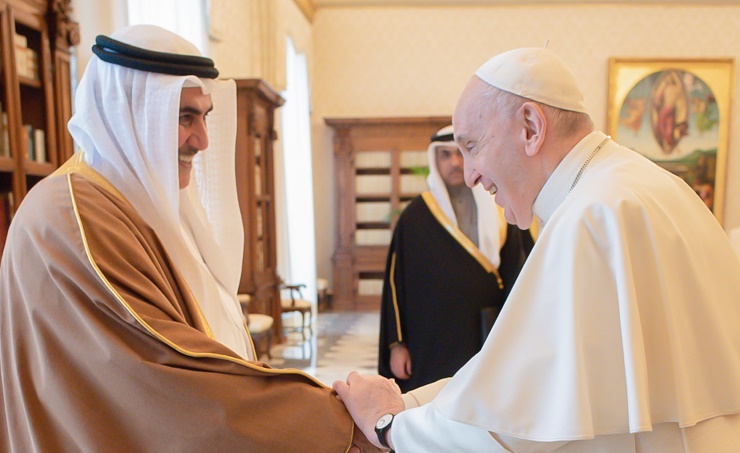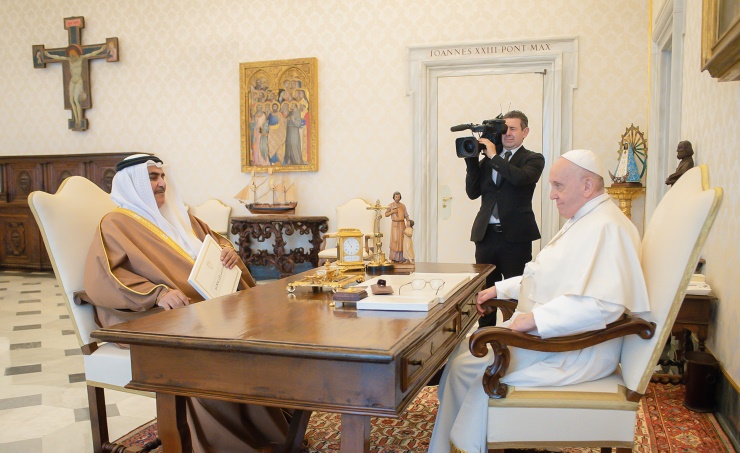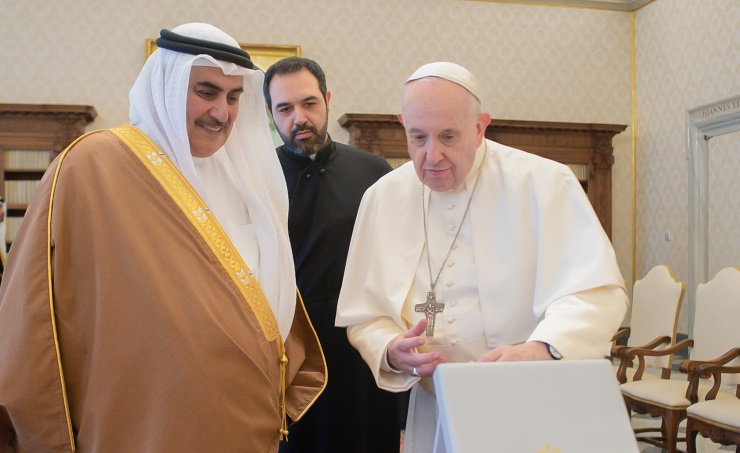Oman’s pavilion at Expo 2020 Dubai pays a fitting tribute to frankincense
DUBAI: Frankincense, the aromatic resin harvested from trees that grow in a narrow climate belt from the Horn of Africa to India and parts of southern China, has been used for 6,000 years as both a perfume and panacea for a host of ailments.
Most of the world’s supply comes from Somalia, Eritrea and Yemen. But it is Oman that famously produces the world’s finest — and most expensive — frankincense, a rich and spicy aroma that ancient Egyptians called the “Sweat of the Gods.”
Trade in frankincense has flourished in this region for centuries, and was one of the most valued commodities of the ancient and medieval world.
Today, the resin, harvested from the Boswellia tree, is still highly prized, as Oman’s pavilion at Expo 2020 Dubai shows. With sustainability experts warning that the tree variety globally is under threat, the pavilion provides a fitting tribute to frankincense and its rich history.
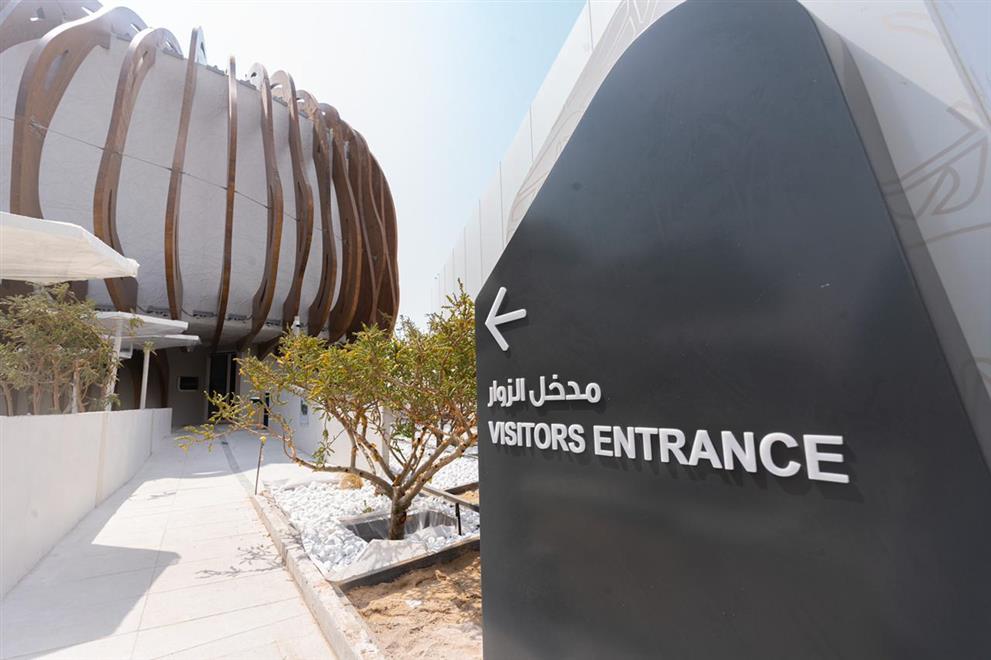
The word frankincense comes from the Old French “franc encens” (“noble” or “pure incense”), and is the English version of the Arabic Al-luban.
Today, the value of frankincense resin is still determined by its color, clump size and oil content. The most valuable grade, known as hojari, comes from a narrow, dry belt of the Dhofar Mountains in Oman. Boswellia trees studding this region are a feature of Oman’s UNESCO-appointed Land of Frankincense World Heritage site.
The Omani pavilion, located in the Mobility District, pays homage to the precious substance. Even the mandatory hand sanitizer is enhanced with the resin’s aroma and natural antiviral properties.
Given frankincense’s long history, stretching over millennia, one might expect Oman’s pavilion to be built on tradition or to be rooted in the past. In fact, the pavilion is a testament to Oman’s future generations, and has been created by Omani youth, the future of the country’s economy.

Lab50, an initiative involved in the pavilion’s design, engaged more than young 300 Omanis from sectors including government and SMEs to develop the narrative and content of the pavilion.
The result is a modern story-telling experience, with frankincense at its center. The pavilion’s design was led by recent graduates, and its technology designed and built by young Omanis. Multi-sensory and mixed-reality audiovisual content was written, shot and produced by local talent.
The exterior of the pavilion shows how a young eye can interpret tradition. The sweeping, intricately detailed exterior echoes and exploits the features of a frankincense tree.
Visitors entering the pavilion on the ground floor are greeted by a replica of the “Mother Tree,” and introduced to the resin extraction process and the uses of frankincense throughout history.
FASTFACTS
* For the past 6,000 years, frankincense has been used to raise spirits and encourage well-being.
* Pavilion’s five zones show how frankincense contributed to Omani progress in different fields.
* Exhibits offer interactive experiences using AR and mixed reality technology.
Displays highlight the role frankincense played in worship and medicine, from the mummification of ancient Egyptian rulers to its role in traditional Chinese medicine. On the first floor, visitors discover the Forest of Sustainability, a modern exhibit in which tree-shaped displays tell the story of Oman’s plans for sustainable innovation.
Through digital displays and QR codes, these stories come to life: There is a feature on Oman’s collaboration with the UAE to harvest wind power, and another on Oman’s “million date palm” project.
Many case studies are linked to Oman’s efforts in wildlife conservation, including birds of prey, the Arabian snow leopard and rare plants.
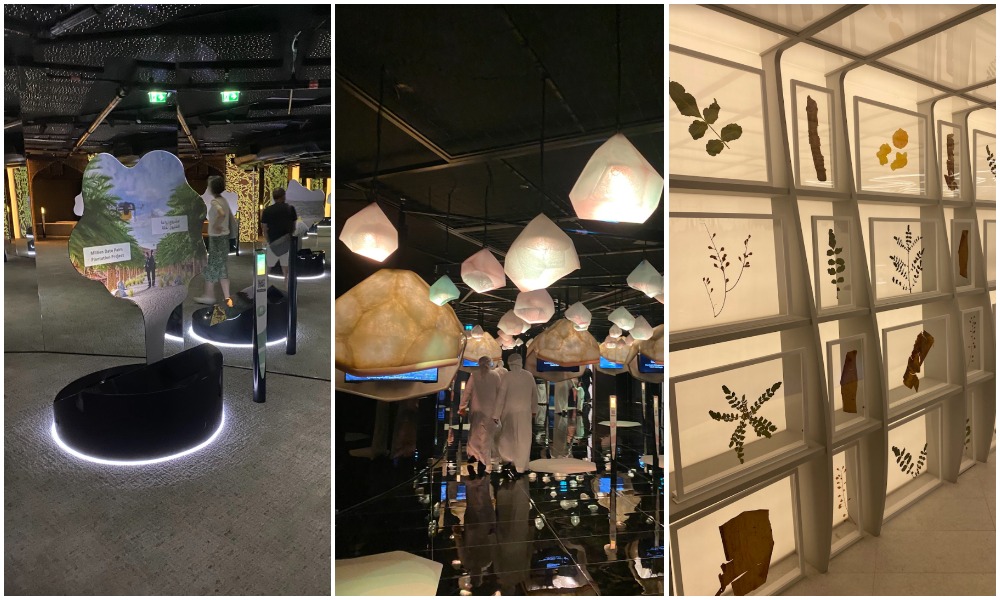
Despite its pervasive presence at the Omani pavilion, the Boswellia tree is under threat and may die out within 20 years, according to sustainability experts. Scientists who have studied the issue say many older trees have not produced a new sapling in half a century.
When the UNESCO site at Wadi Dawkah in the Dhofar governorate was established in 2000, only about 1,200 frankincense trees were growing there. Since then, thousands more have been planted, with the goal to reach 10,000 on the site.
An irrigation system has been installed to help nurture saplings, and there are also wild trees flourishing beyond the perimeter fence. Oman’s investment in sustainability and the future generations of frankincense trees appears to be paying off.
From the Forest of Sustainability, visitors enter the Frankincense Crystal Hall, where precious frankincense crystals in hanging lights add a modern touch to the journey. Exiting the hall, visitors enter the “trade tunnel and trade shore,” which tells the story of Oman’s history as a trading hub, with more than 200 sea lanes and 86 global ports within two weeks’ journey by sea.
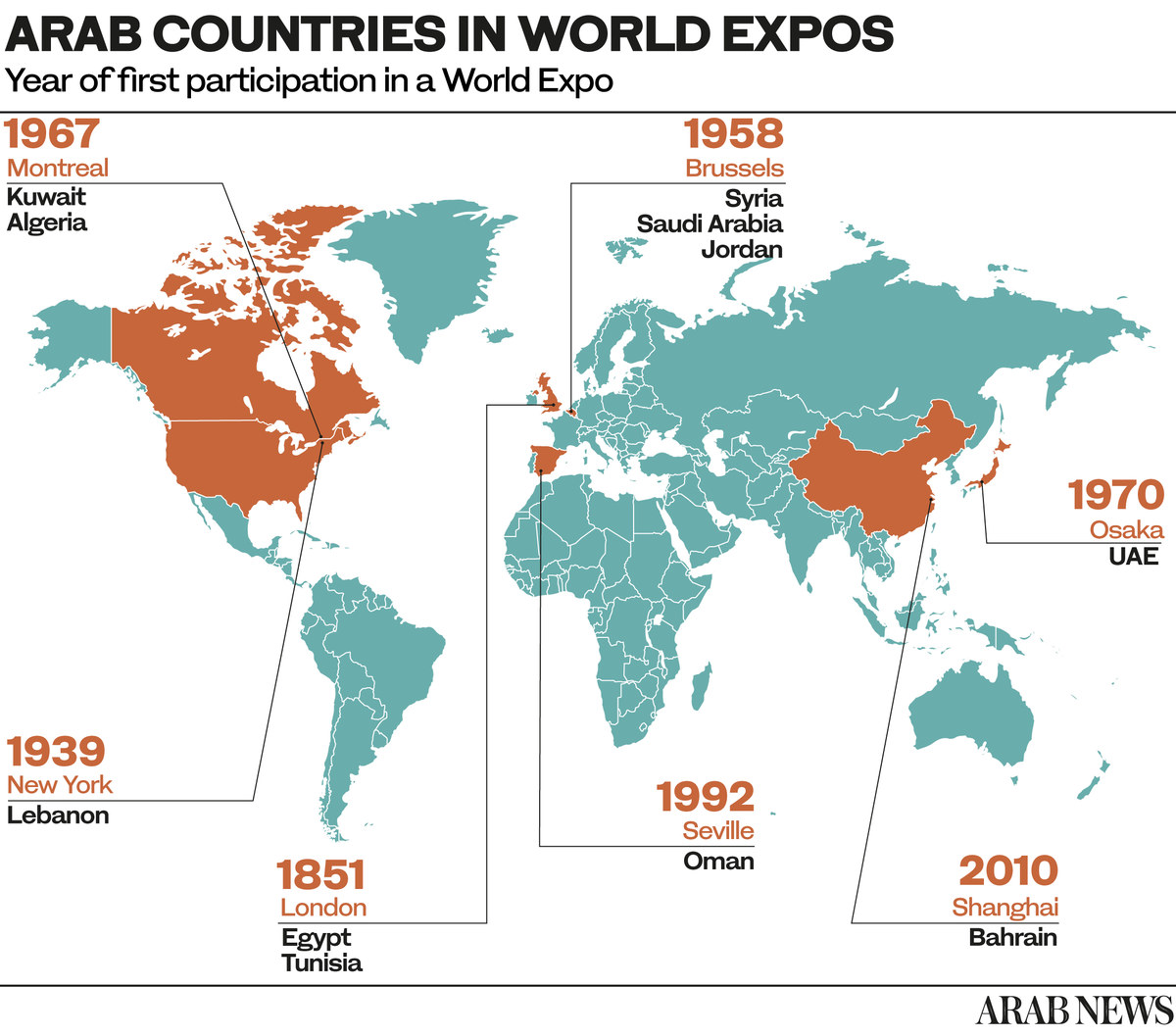
On the third floor, visitors are invited to “step into the future.” Ancient traditions are reframed through a modern, scientific lens, with a focus on technology and the future of frankincense.
Modern uses of frankincense extend from personal to religious, spiritual and medical. According to Oman pavilion information, “frankincense is scientifically proven to fight cancer, depression and asthma” and “is still used as a disinfectant when burnt.”
Visitors to the pavilion also have an opportunity to take the sweet aroma of frankincense home. Gifts on offer range from traditional weaving to Omani silver and products based on frankincense.
The Omani pavilion highlights the country’s commitment to sustainability, not only of its precious natural flora, but also its youth.
Innovation created by and for young Omani talent will provide inspiration and opportunity for future generations of Omanis.
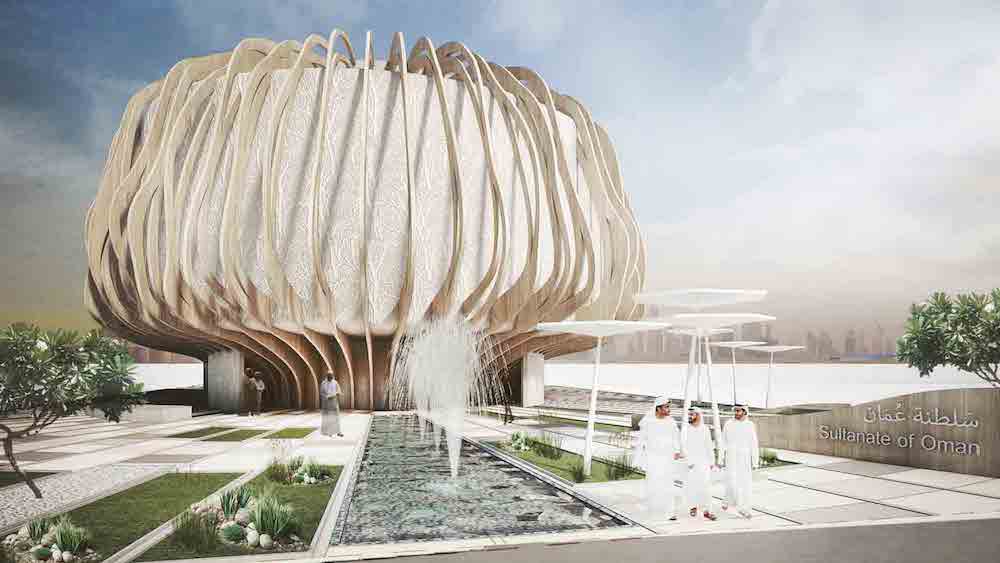
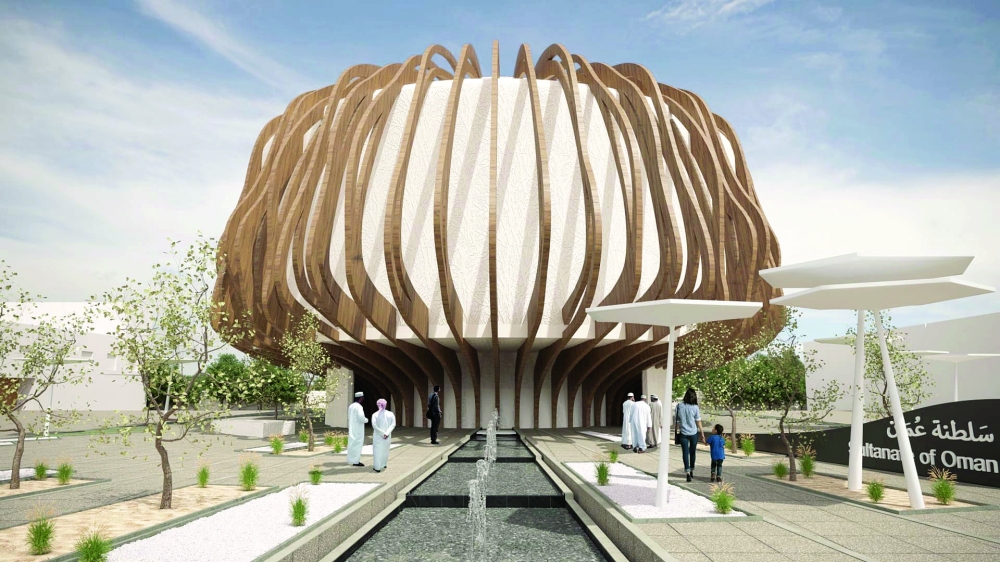

INTERVIEW: Saudi pavilion at Expo 2020 is a glimpse into KSA’s future, says French politicianFrance’s pavilion at Expo 2020 Dubai showcases the French art of living in new exhibitionEgypt’s Expo 2020 Dubai pavilion heralds a future well-grounded in the pastFrom traditional to abstract, Arab pavilions at Expo 2020 Dubai seize the imagination
